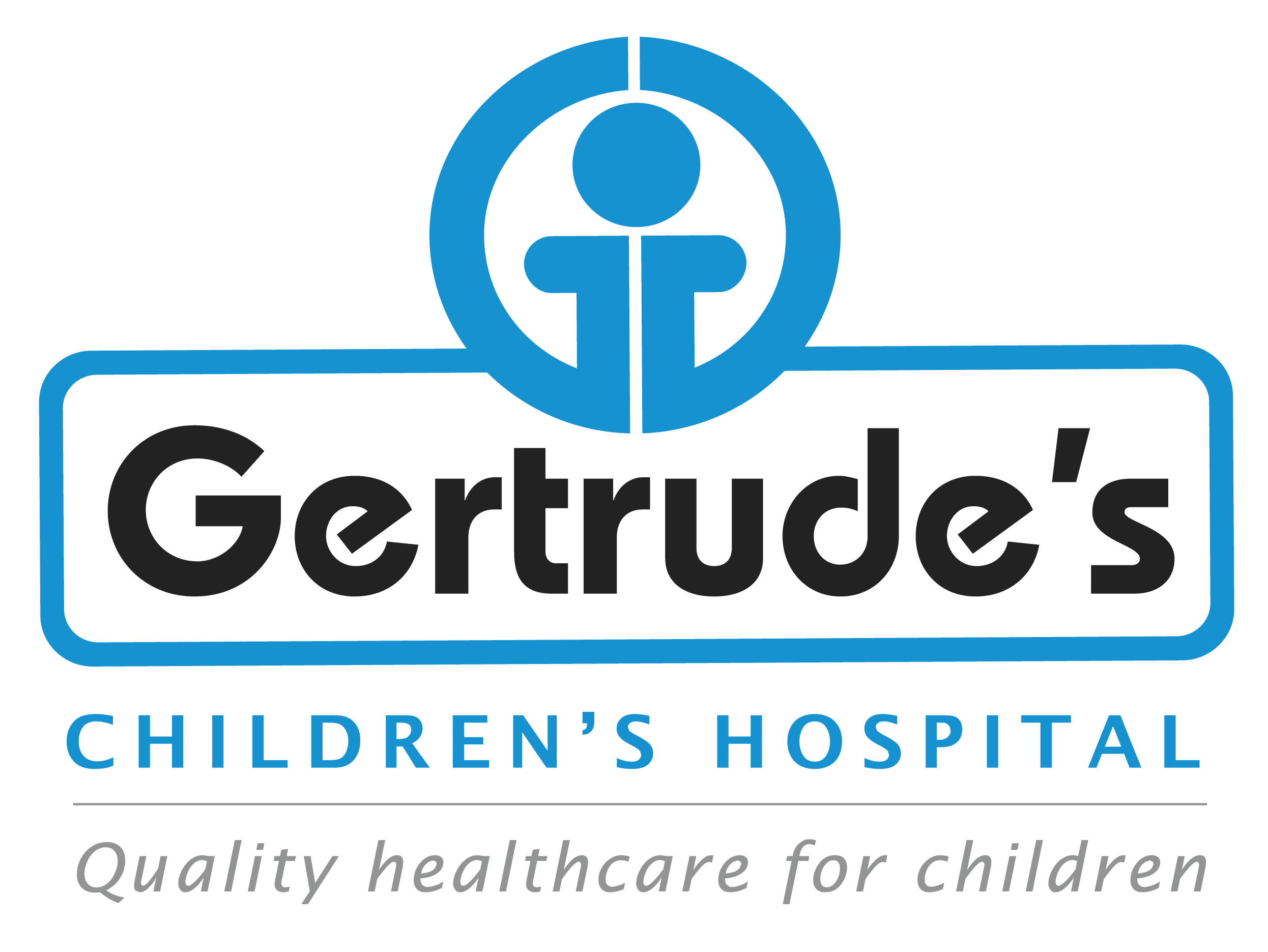Congenital Adrenal Hyperplasia (CAH) is a genetic condition that affects the adrenal glands, which are small glands located on top of the kidneys. These glands are responsible for producing important hormones that regulate various body functions. The adrenal glands produce three main types of hormones: cortisol, aldosterone, and androgens.
- Cortisol helps manage energy levels and controls blood sugar.
- Aldosterone is crucial for maintaining the balance of salt and water in the body.
- Androgens are a group of hormones, including male sex hormones, that influence puberty-related changes such as the development of body hair, body odor, and acne in both boys and girls.
In CAH, the adrenal glands are unable to produce the correct amounts of these hormones, leading to an imbalance. Typically, there is a deficiency in cortisol and aldosterone, with an overproduction of androgens.





